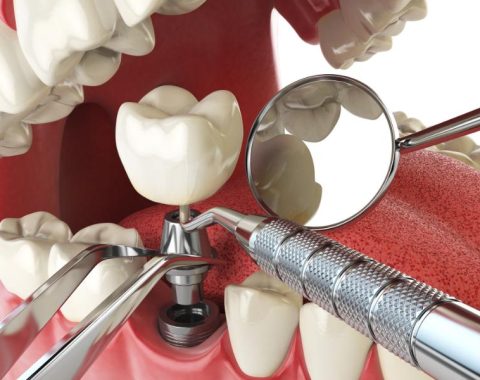Here’s a Doctor’s Review of The Facts
Did you know that poor dental health can double the risk of cardiovascular diseases, adverse pregnancy outcomes and Type 2 diabetes? This might seem hard to believe- However, various studies have established a direct link between dental health and its widespread effects on the body.
In recent years, the Australian Dental Association (ADA) alerted Australians about poor oral healthcare and the adverse impact on overall physical well-being.
The latest studies have shown that people with advanced gum disease are at a higher risk of suffering from a heart attack than people without it.
Dental Health and Cardiovascular Health
In 2013, Professor Joerg Eberhard conducted a study to see the correlation between gingivitis and cardiovascular health.
He asked a group of young people with no history of cardiovascular conditions to not brush a specific quadrant of teeth for three weeks. After those three weeks, he measured inflammation levels around the area around the uncleaned quadrant set and observed that the inflammation had reached other parts of the body.
Professor Eberhard also noticed that when the group started brushing that quadrant again, the C-reactive protein – a potential marker of heart attacks – came down to normal levels.
The Importance of a Consistent Dental Regime
In addition, there have been multiple studies that suggested how untreated periodontitis can increase the risks of premature births. Dr Mikaela Chinotti – oral health promoter at ADA, and Dr Leila Zamani advocate the importance of a regular oral healthcare regime as it significantly reduces severe health conditions.
They recommend brushing your teeth with fluoridated toothpaste twice a day can prevent bacteria build-up.
Additionally, they strongly suggest that flossing and cutting down sugar in the diet can reduce the possibilities of periodontitis and inflammation.
Furthermore, cardiologists and dentists observed that gum disease treatment could typically reduce hypertension in another study. They noticed that advanced gum disease causes inflammation and loss of elasticity in blood vessels, eventually resulting in high blood pressure.
Additionally, a three-year study of people from Queensland with poor oral health showed that lifestyle also plays a significant role. The study showed that embracing better teeth-brushing techniques, regular visits to dentists, and a healthier diet reduces systemic indicators of a heart attack.
Moreover, ADA’s Dr Chinotti explains that spotting periodontitis in the early stages is difficult. When left untreated, the condition can worsen until the affected teeth finally lose.
While the damage done by periodontitis can’t be reversed, it is easy to prevent it by seeing dental practitioners regularly. Dentists clean the teeth, especially the hard-to-access portions above and below the gum, which halts the disease and reduces inflammation.
Dr Chinotti of the ADA feels that oral health should be prioritised to ensure overall physical well-being. She recommends regular dental visits keep oral health in top condition as it becomes easy to detect and manage conditions like periodontitis in the early stages.
References:
- https://journals.plos.org/plosone/article?id=10.1371/journal.pone.0055265
- pubmed.ncbi.nlm.nih.gov
- frontiersin.org
- sciencedirect.com




